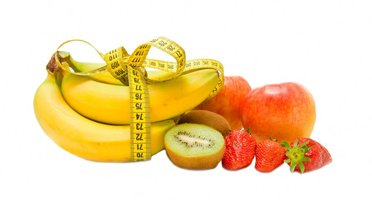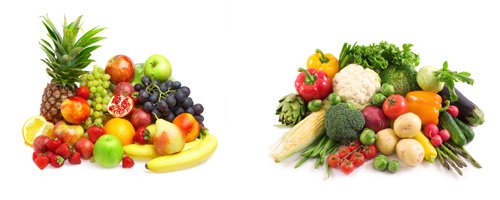|
What Are Antioxidants?Antioxidants are molecules which prevent the damaging effects of oxygen free radicals in the body. The damage caused by oxygen free radicals is called oxidation. Examples of oxidation are bananas turning brown when left on the counter top, or the rusting of iron.
The body produces free radicals in the normal course of energy production, but there are also substances in our surrounding environment- certain chemicals, smoke, pollutants, solar radiation-that trigger the production of free radicals. Scientists now believe that free radicals are causal factors in nearly every known disease, from heart disease to arthritis to cancer to cataracts. In fact, free radicals are a major culprit in the aging process itself. By controlling free radicals, antioxidants can make the difference between life and death, as well as influence how fast and how well we age. The more you understand about antioxidants and how they work, the more you will understand and appreciate the profound role they play in keeping you healthy and happy.
Can you get enough antioxidant protection from food alone?It is virtually impossible to get the optimal amount of antioxidants through food alone. For example it recommends to take 500 I.U. of vitamin E daily. In order to get 500 I.U. of vitamin E from food alone you would have to eat more than 100 pounds of broiled liver or 125 tablespoons of peanut oil. Or you could take three peaces of Xocai Healthy Chocolate in a day. People will die prematurely from diseases caused by or compounded by deficiencies of the
antioxidant network.
Thanks to the antioxidant advantage, these conditions can be prevented, controlled and in some cases even cured. People who take even one antioxidant supplement daily can significantly reduce their risk of heart disease and prostate cancer.

How are antioxidants measured?The amount of antioxidants that you maintain in your body is directly proportional to how long and how healthy you live. The antioxidants in any food are measured by its capacity to absorb free radicals. ORAC (Oxygen Radical Absorbance Capacity) values as determined by the U.S. Dept. of Agriculture measure the capacity of a food to absorb oxygen free radicals. The USDA website recommends a Daily Antioxidant Intake Range of 3,000 to 5,000 ORAC. However, recent studies have suggested that more active lifestyles require higher levels of antioxidants. The chart above contains the ORAC values of several high-antioxidant foods. Research now indicates that if we obtain on a daily basis at least 5,000 ORAC (Oxygen Radical Absorbance Capacity) our bodies in most cases will be able to fight off the damaging effects of free radicals.
Antioxidant Definition
|





